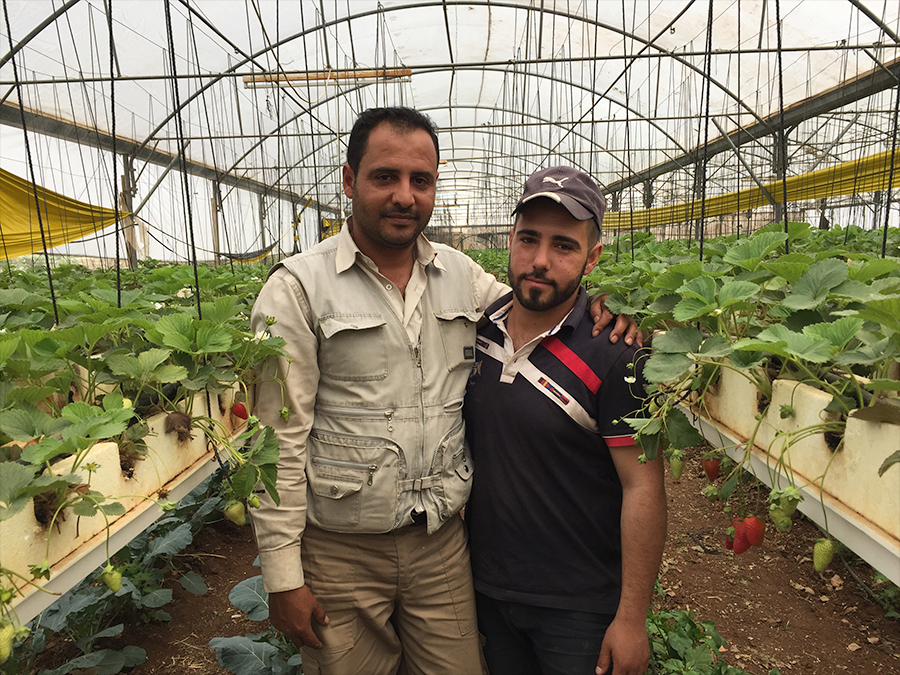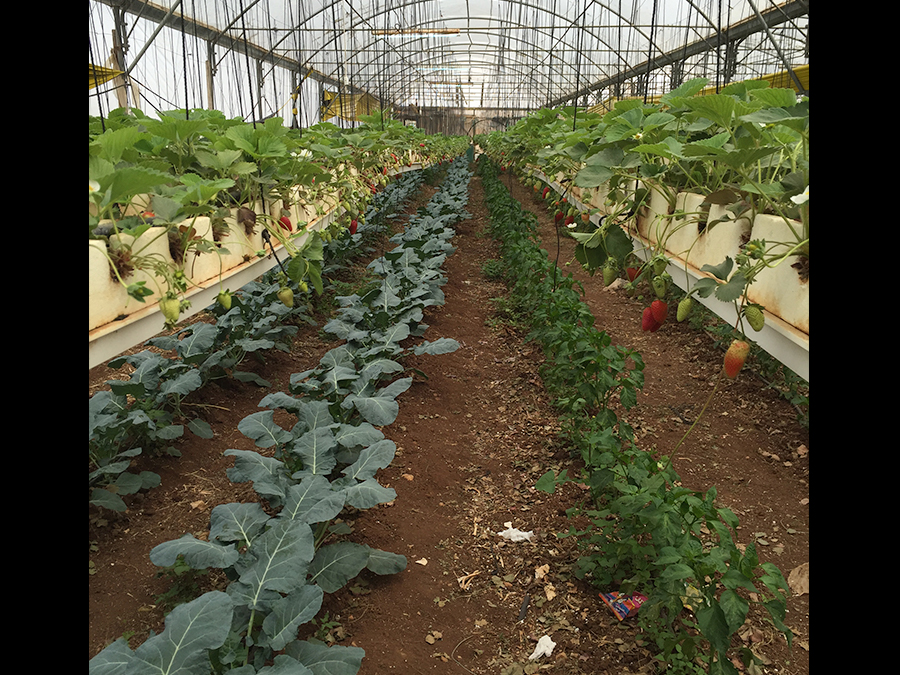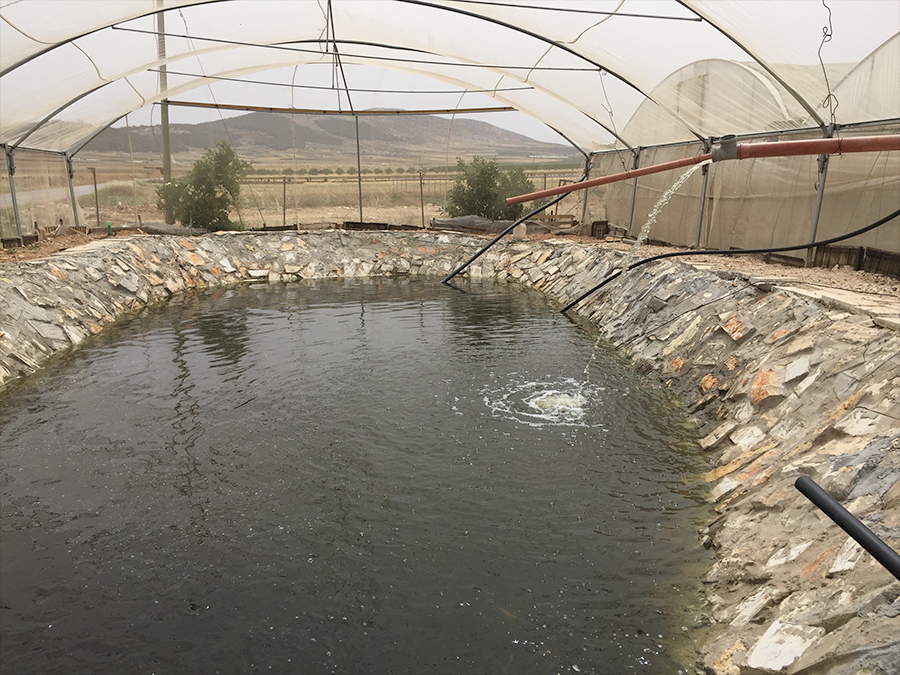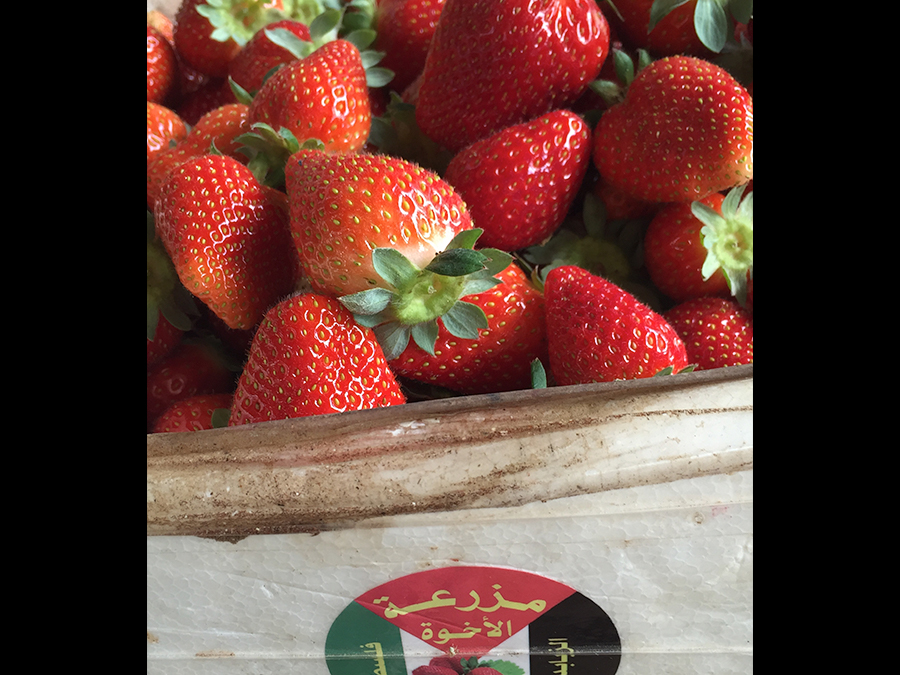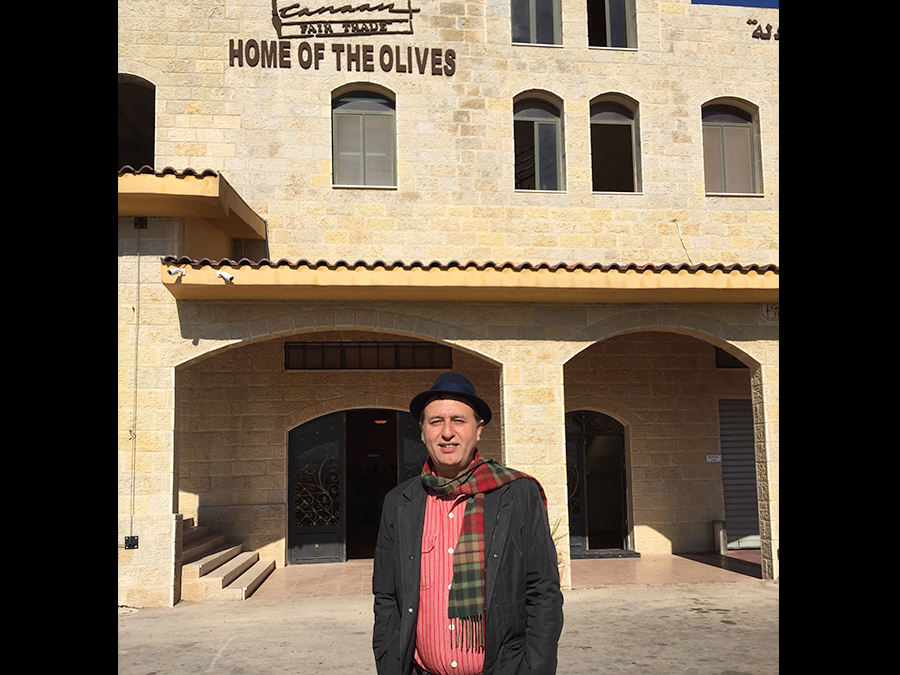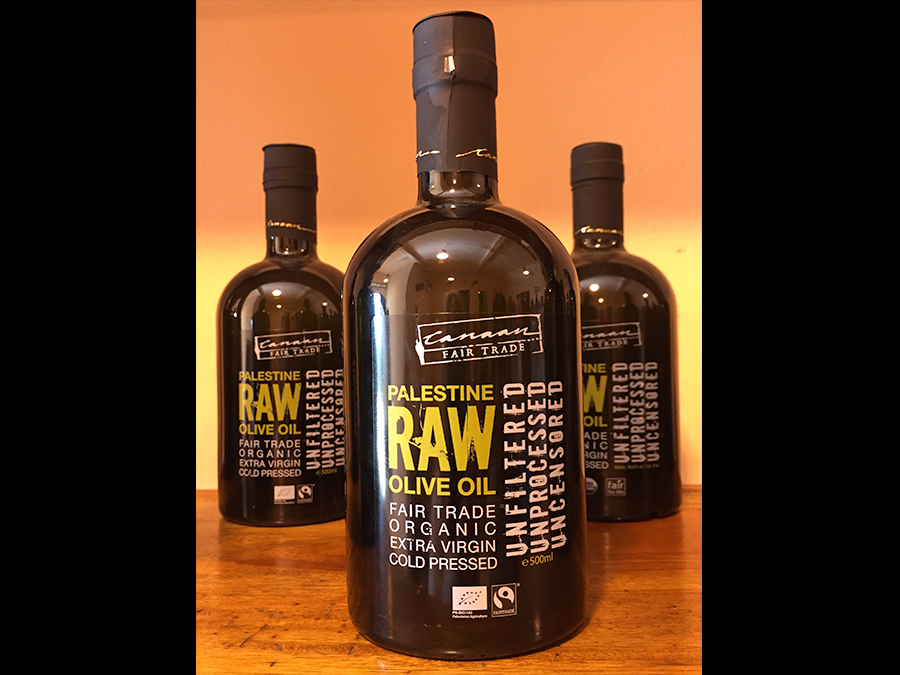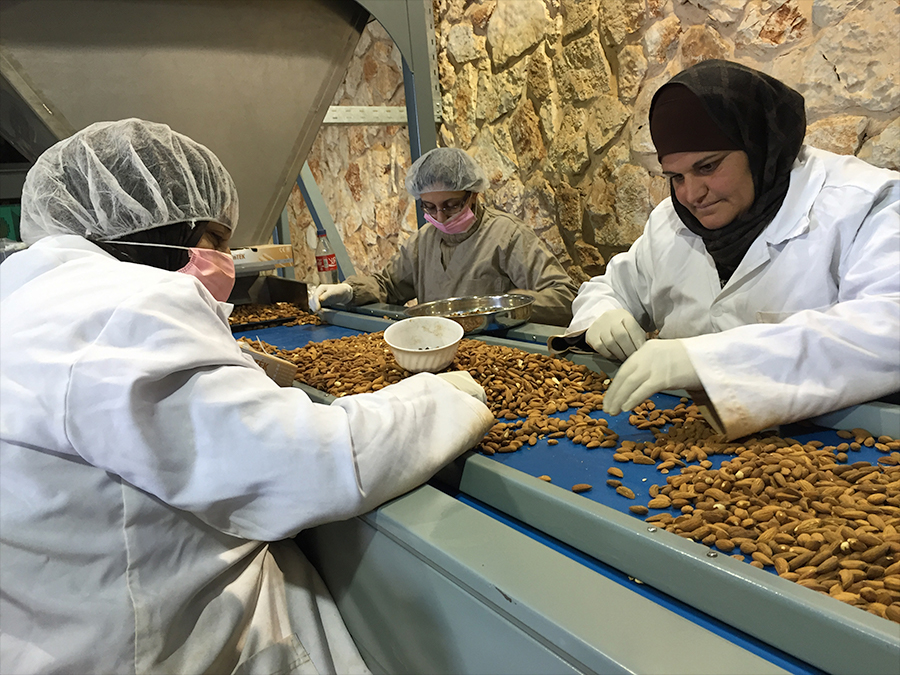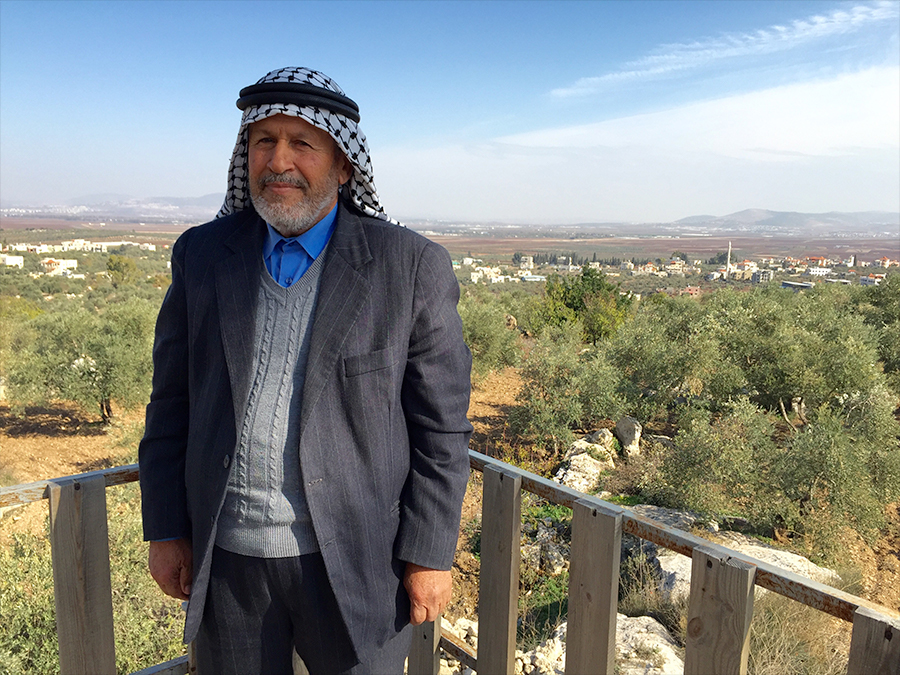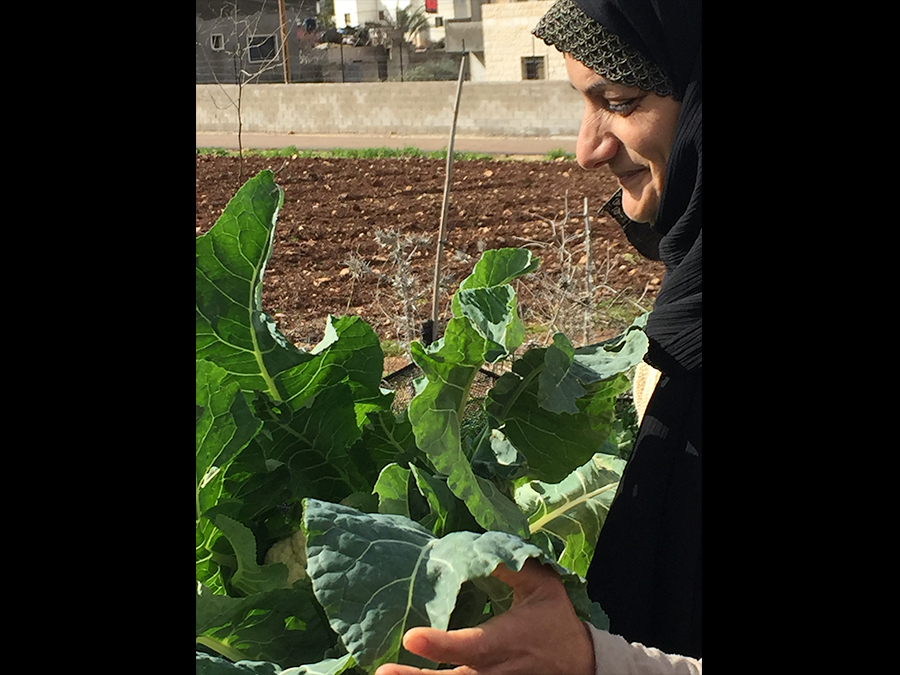For centuries, the people of Palestine have tended their groves of olive, almond, and fig trees, and vegetable fields of onions, tomatoes, cucumbers, and okra. Agriculture has shaped the cultural heritage and social life of Palestinians as well as their strong attachment to the land.
Palestinian agriculture is threatened by an occupation that began fifty years ago when Israel captured the West Bank and Gaza Strip in the Six-Day War. Due to the expansion of Israeli settlements, confiscation of land, and restrictions on access to water, the area under cultivation by Palestinians decreased by 57 percent from 1980 to 2010. Today, farming accounts for only 6 percent of Palestinian GDP, down from more than 50 percent prior to 1967.
Yet, Palestinian farmers—toiling in cooperatives, greenhouses, and even backyard gardens—are determined to sustain their agriculture and remain on the land. Journalist Marda Dunsky traveled to the West Bank to meet them.

